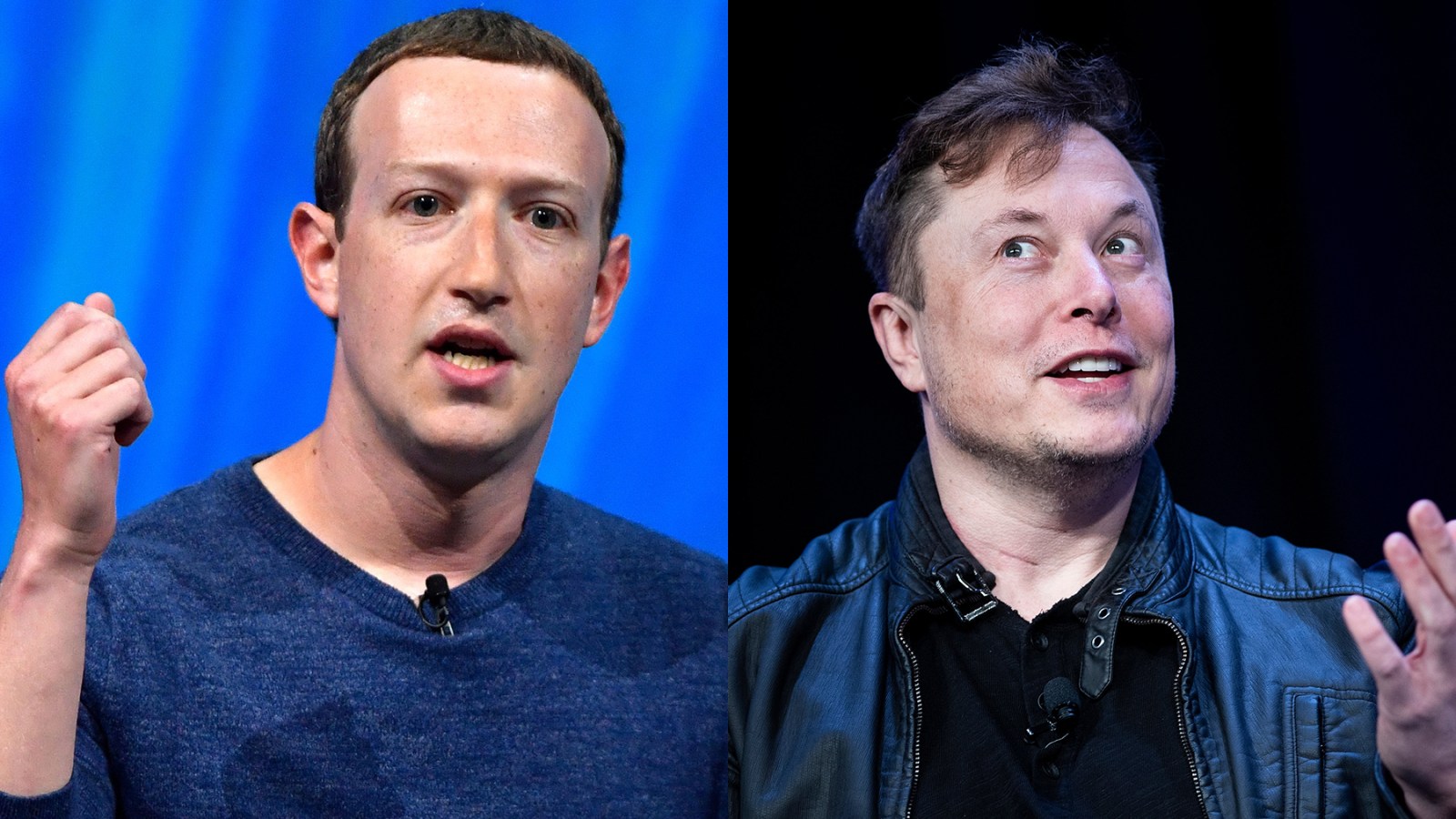
The Rise of Fantasy Culture: The Dangers of Embracing the Technocratic Fantasy
Jonathan Taplin, a man of many careers, has recently written a book titled “The End of Reality: How 4 Billionaires Are Selling a Fantasy Future of the Metaverse, Mars, and Crypto.” In this book, Taplin warns against the dangers of complacency in the face of the fantasy worlds offered by powerful technocrats such as Elon Musk, Peter Thiel, Mark Zuckerberg, and Marc Andreessen.
According to Taplin, these technocrats have created a world where “nothing is true and all is spectacle.” They control online access for billions of users on platforms like Facebook, Twitter, Instagram, and WhatsApp. They have convinced millions of people that the 2020 election was stolen, and they offer visions of escape from reality through missions to Mars, virtual reality helmets, and the promise of living to be 160 years old.
Taplin questions whether society should invest trillions of dollars in these fantasy projects when there are real-world problems that need immediate attention. He argues that these fantasy worlds have already drained billions of dollars of government and private capital, while solutions to critical issues such as climate change and income inequality remain underfunded.
The rise of fantasy culture in America is not a recent phenomenon. Taplin traces it back to the dominance of the fantasy genre in entertainment, starting with movies like “Star Wars” and “Superman” in the late 1970s. This dominance has continued with the rise of video games, music, and other forms of pop culture, leading to the current Metaverse where fantasy is a 24/7 existence.
Taplin acknowledges that fantasy has its appeal, especially in a world that can be painful and difficult to navigate. However, he argues that true freedom lies in embracing reality and working to change collective course, rather than running from the truth. He warns against the dangers of being controlled by inflicting pleasure, as depicted in Aldous Huxley’s “Brave New World,” where humans are kept blissed out on drugs and immersive entertainment to prevent them from questioning the status quo.
Taplin also highlights the influence of science fiction literature on the thinking of these technocrats. Musk and Thiel, for example, were bullied in their childhoods and turned to science fiction as an escape. They draw inspiration from authors like Iain Banks and Charles Stross, who explore post-Singularity and futurist concepts. Taplin suggests that these science fiction texts inform their desire to maintain the status quo and their control over the technological order.
In contrast to the vision of these technocrats, Taplin references George Orwell’s “1984” and Aldous Huxley’s “Brave New World” as opposing views of dystopian futures. He argues that Huxley’s depiction of a society controlled by pleasure and entertainment is more reflective of our current reality, as social networks and entertainment have proven to be effective tools of control.
Taplin concludes by discussing the dominance of the Marvel Cinematic Universe in Hollywood and its alignment with libertarian ideologies. He points out that even the creator of Iron Man, Stan Lee, wanted to create a character that would “shove” his readers’ ideals down their throats. Elon Musk, the inspiration for Tony Stark in the movies, even had a cameo in “Iron Man 2,” further blending fantasy and reality.
In the end, Taplin cautions against the dangers of embracing the fantasy worlds offered by powerful technocrats. He urges society to prioritize real-world solutions to the critical problems we face and to not be swayed by the spectacle and allure of these technocratic fantasies. True freedom, according to Taplin, lies in embracing reality and actively working towards positive change.






